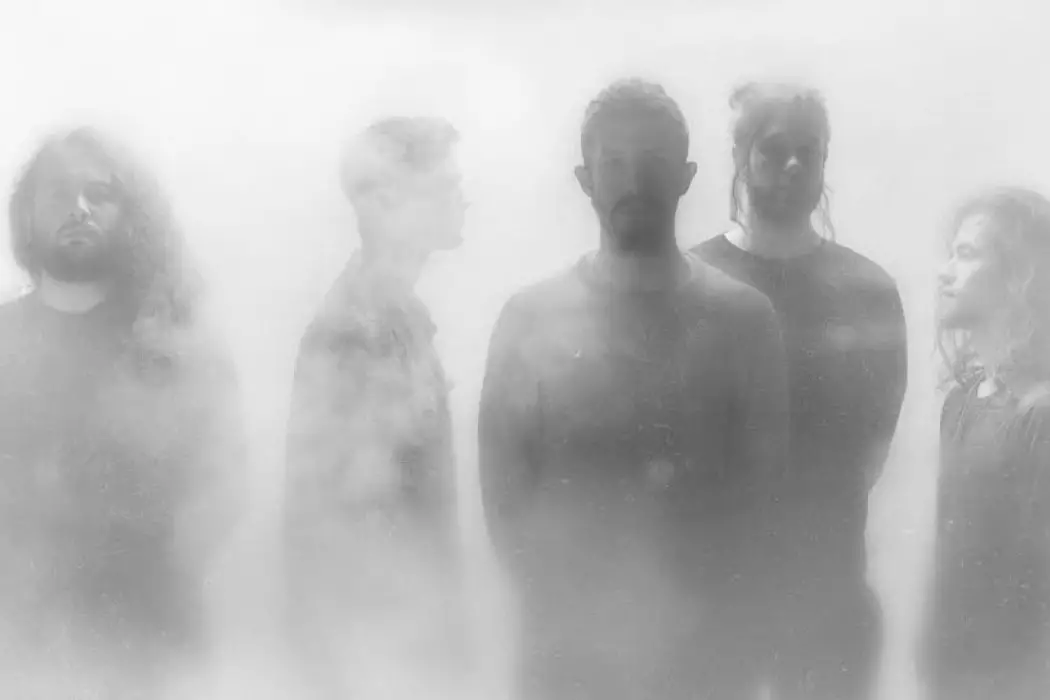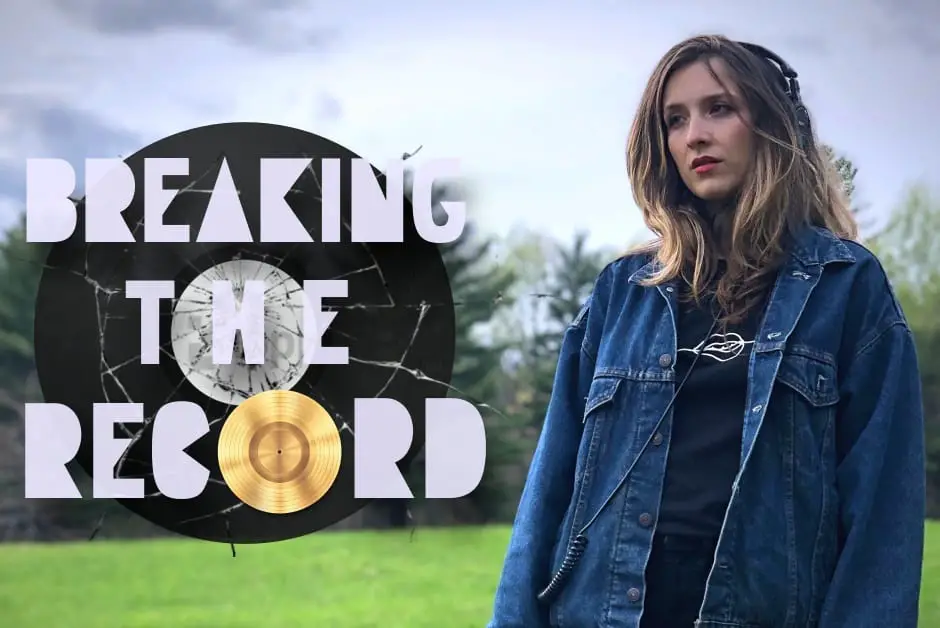Every day we experience a multitude of sights, sounds, colors, and lights. Whether they complement or contrast with each other, each sensory input that we receive helps create meaning in our day. Phoria seek to capture these experiences in their music; they describe their sound as “multi-sensory.”
“Loss,” one of the songs off their debut album Volition (released 6/3/2016 via X Novo Records) , is a perfect example of the way Phoria manipulates and magnifies our senses. They want you to hear their music, but they also want you to feel it; see it; experience it. Since this track is six and a half minutes long, there is a lot of room to incorporate these different elements. Phoria brilliantly utilizes this time to create an ethereal ballad, full of twists and turns that keep our senses alert.
Listen: “Loss” – Phoria
[soundcloud url=”https://api.soundcloud.com/tracks/267843428″ params=”color=ff5500&auto_play=true&hide_related=false&show_comments=true&show_user=true&show_reposts=false” width=”100%” height=”166″ iframe=”true” /]
The first half of “Loss” is simple and subdued, highlighting soft vocals over a repetitive beat and gentle humming. Around the two minute mark, piano and violins are brought in. The violins evoke a wave of sadness and eventually they start to grow in volume and magnitude as the overall tempo of the song increases, allowing the track to build beautifully.

At three and a half minutes, the song takes a dramatic twist. While the vocals remain the same, the music changes from gentle and classical to hard hitting EDM. This sudden and drastic change is bound to surprise the listener. However seemingly out of place this change is, Phoria make it work seamlessly. It is a powerful reminder that our environments and the sensory inputs we receive are always changing. We should never get too comfortable in one state of being because something completely different is waiting just around the corner; staying in the same place limits our experiences.
After about a minute of this, the magnified EDM beat begins to fade out and the song returns to its original arrangement. The violins reclaim their position at the foreground of attention. Eventually, they will fade as well. Nothing stays the same for very long in this song, except for the soft vocals. As our environments change, our voice may seem to be the only thing that is stable and unwavering.
Although we communicate in various ways, we rely heavily on our voice and our words. Phoria, however, have a “less is more” mindset when it comes to lyrics, letting the music do the talking instead. They have mastered the impressive ability to speak using only a few words while still evoking deep and real emotions. Most of the lyrics in this song are slurred and hard to understand, pushing the listener’s focus toward the music. This approach also lets the listener internalize the music more; when there are fewer lyrics, the song becomes completely open to interpretation. How does the music make you feel? Every listener could have a different reaction. While the same can be said with lyric-heavy music, when a song does not explicitly say much, there are more blanks for the listener to personally fill in.
I found all of this very intriguing when I first heard this track, but when I began to read about Phoria as a band, everything started to make sense. Phoria is made up of five guys from England, three of whom have been close friends since childhood. While this reads like the story of most bands, what is most striking about Phoria’s story is that Trewin Howard, Phoria’s main songwriter and frontman, became mysteriously sick at age 25. He faced an illness without a name that brought with it increased sensory receptiveness and sensitivity. His hearing was affected the most dramatically, making him very sensitive toward auditory input. The bio on Phoria’s website says he has “little tolerance for tiring sounds.” Every beat, every sound in “Loss” seems meaningful and intentional and with this information about Howard, it immediately becomes clear why.
Phoria’s music gives its audience a look into what it must feel like to be in Howard’s shoes, living in a heightened sensory state. Their focus on creating music that stimulates more than just a single sense is now put into perspective. While this illness may be frustrating, it has led Howard to make better music and further pursue his idea of music that is “deep in sound and light.”
“Loss” is an extremely layered song, begging to be listened to on repeat. Do yourself a favor by grabbing some headphones and listening to this song with your eyes closed. Let yourself be moved by the music; listen and feel.








